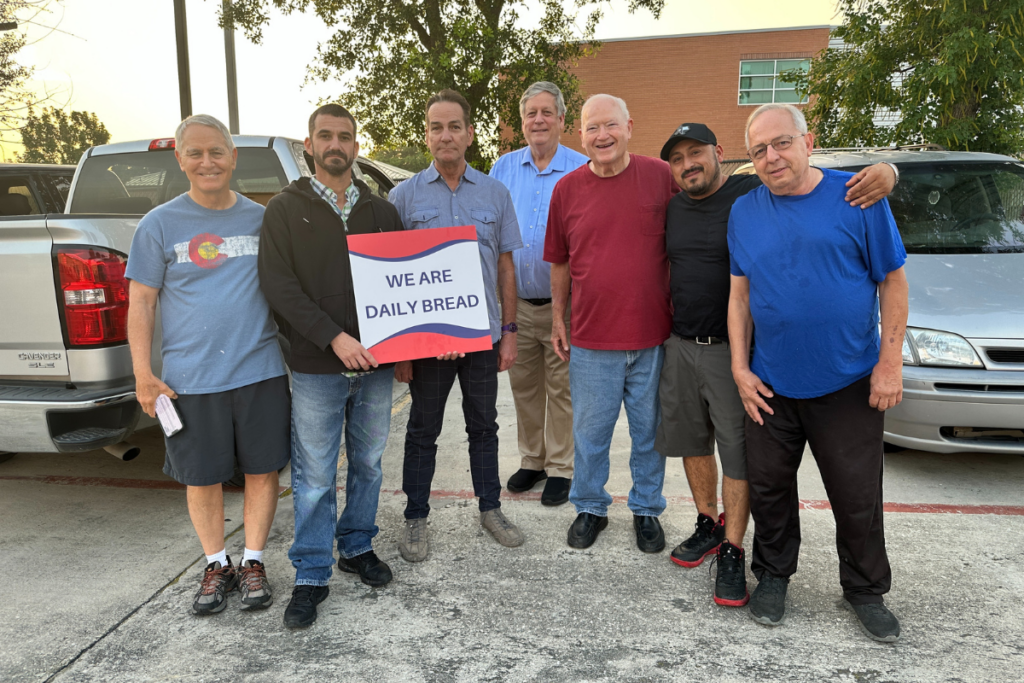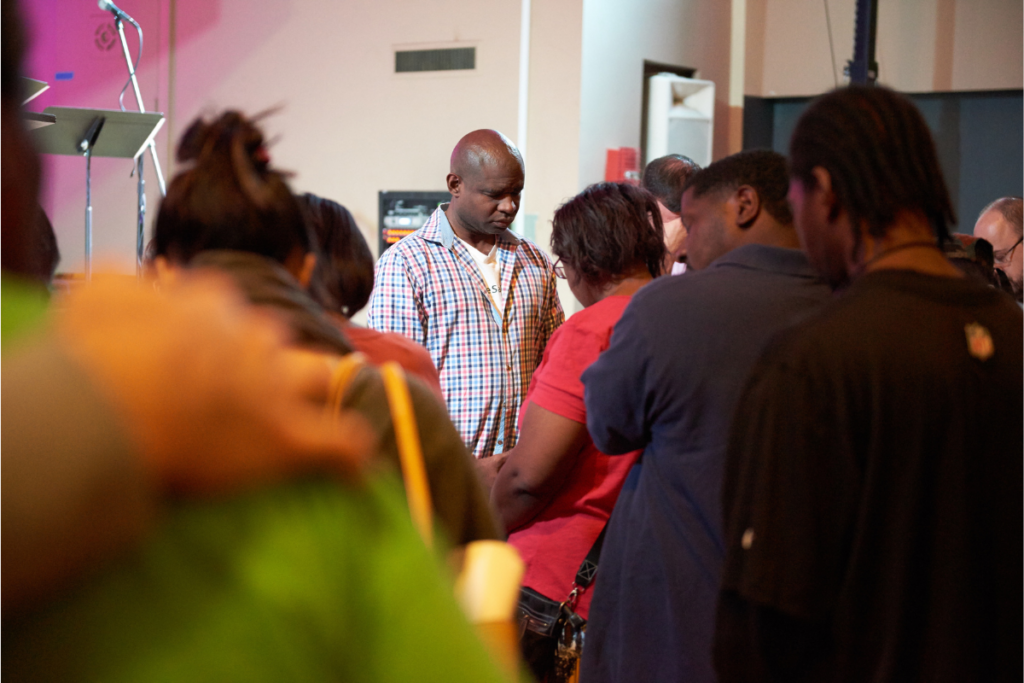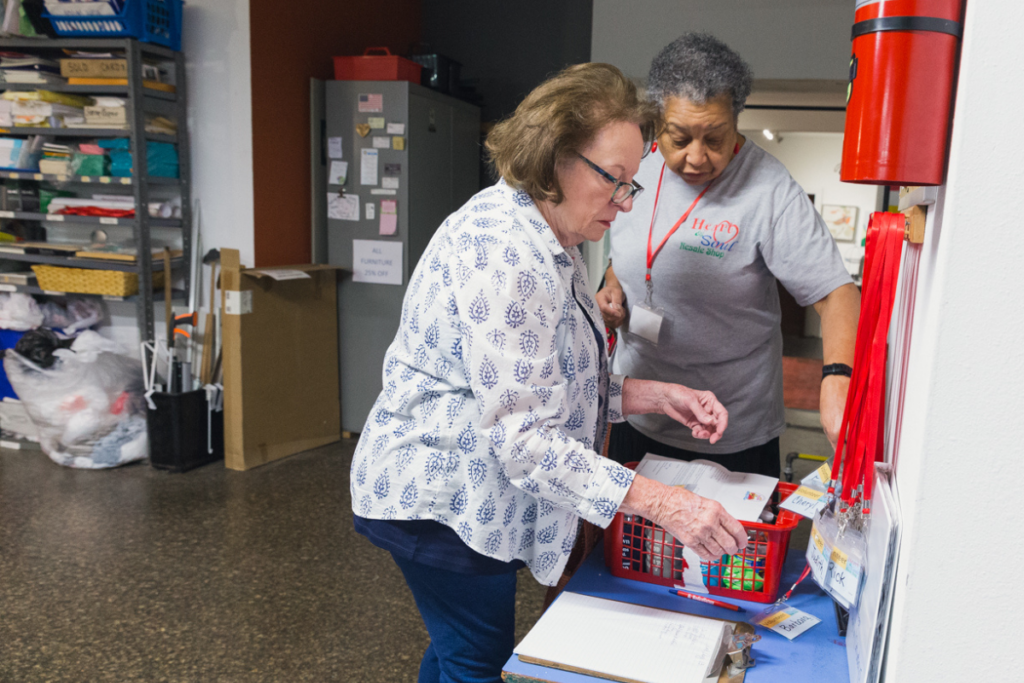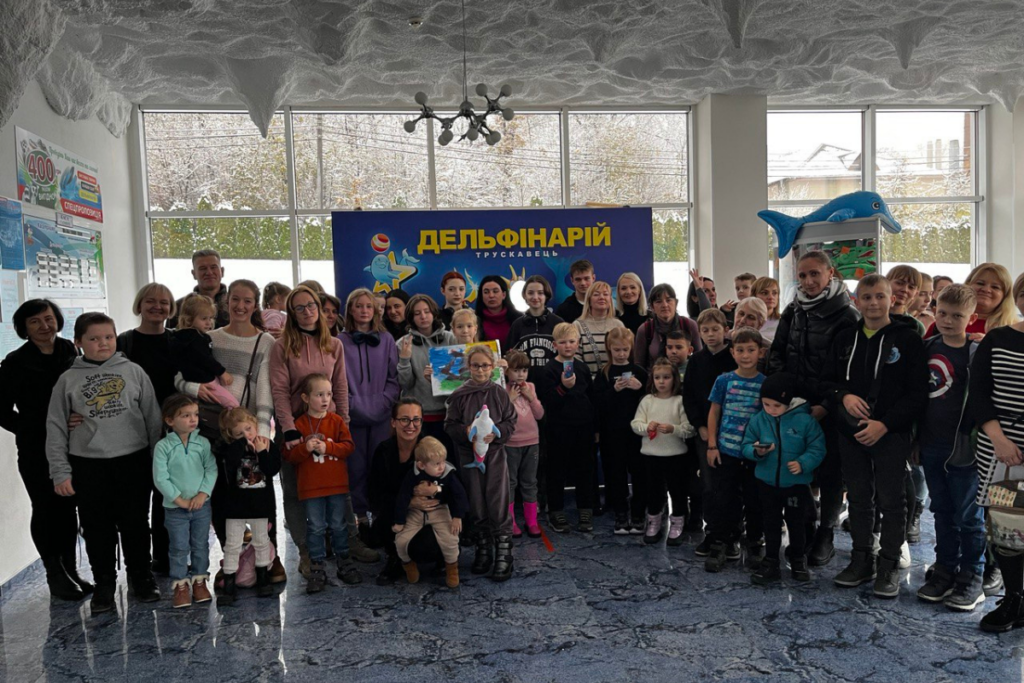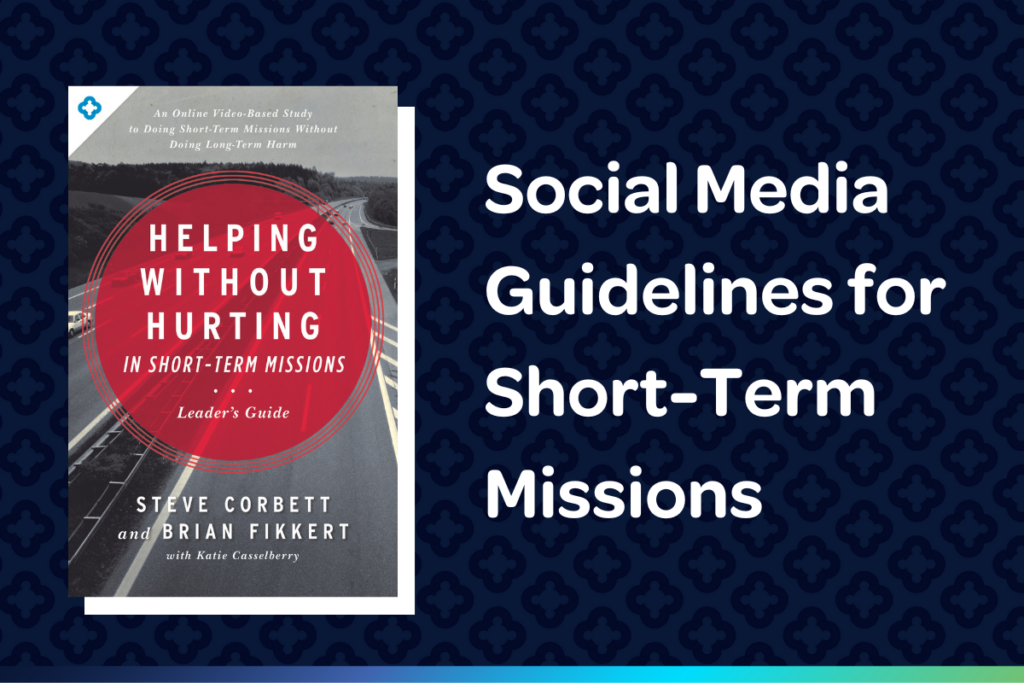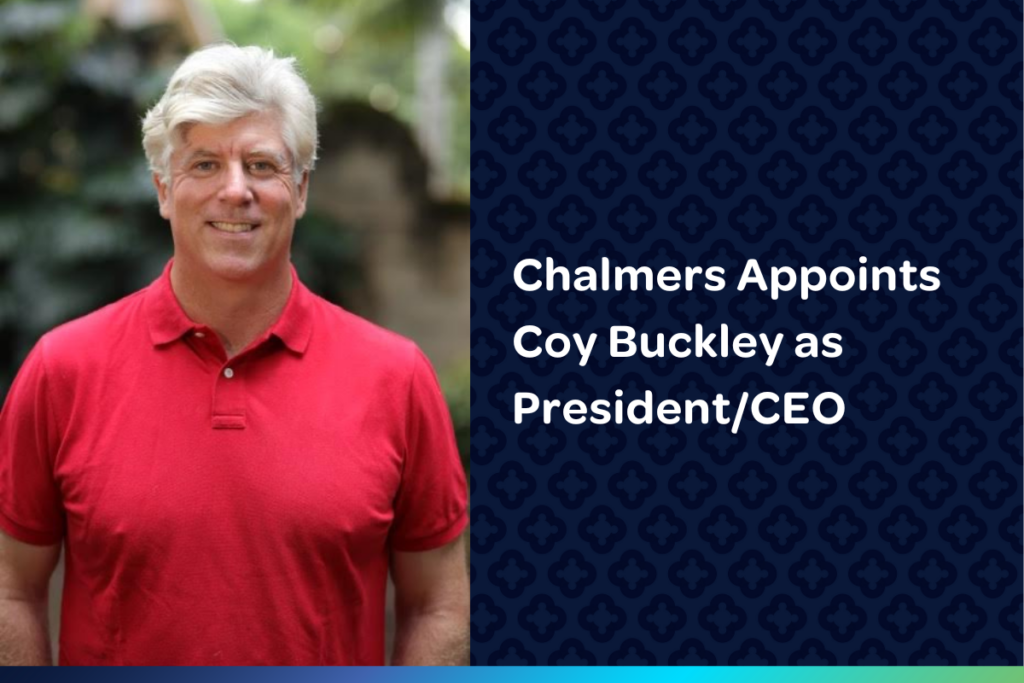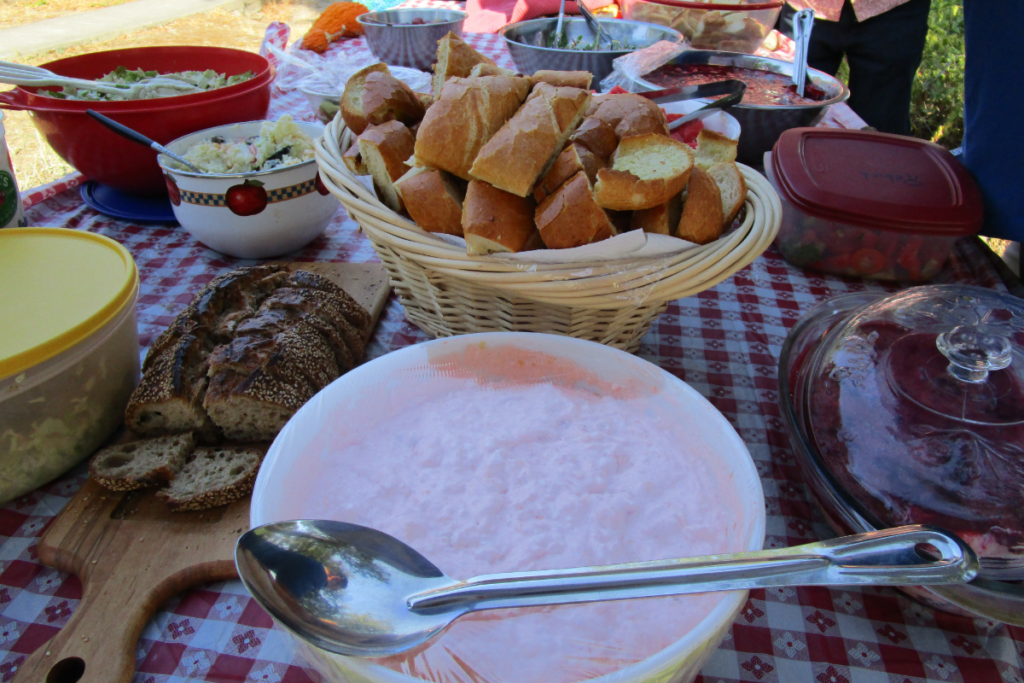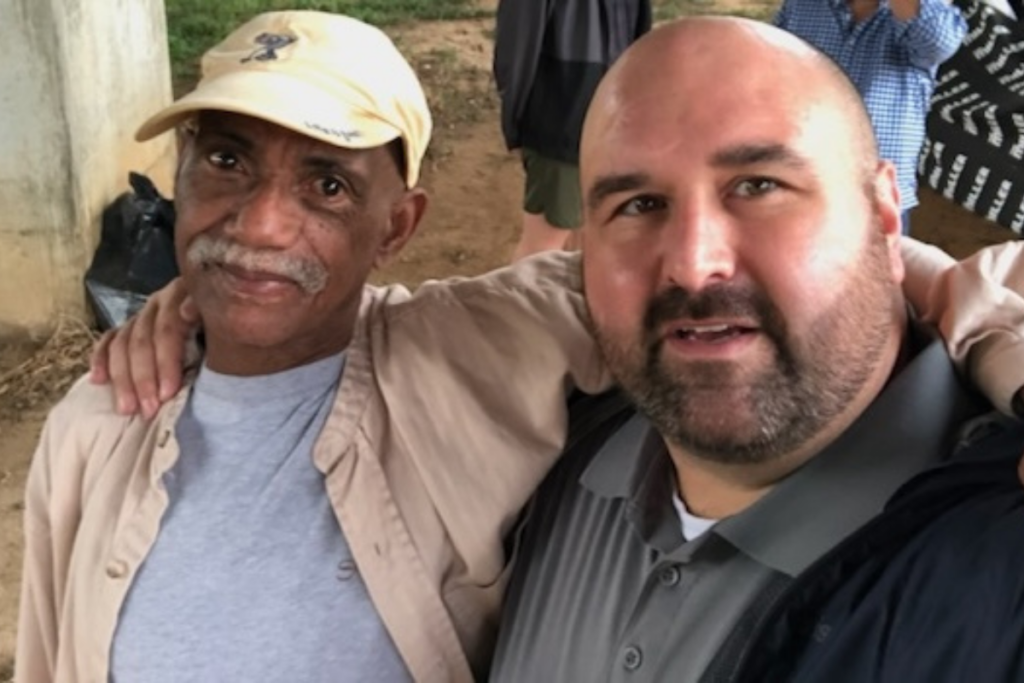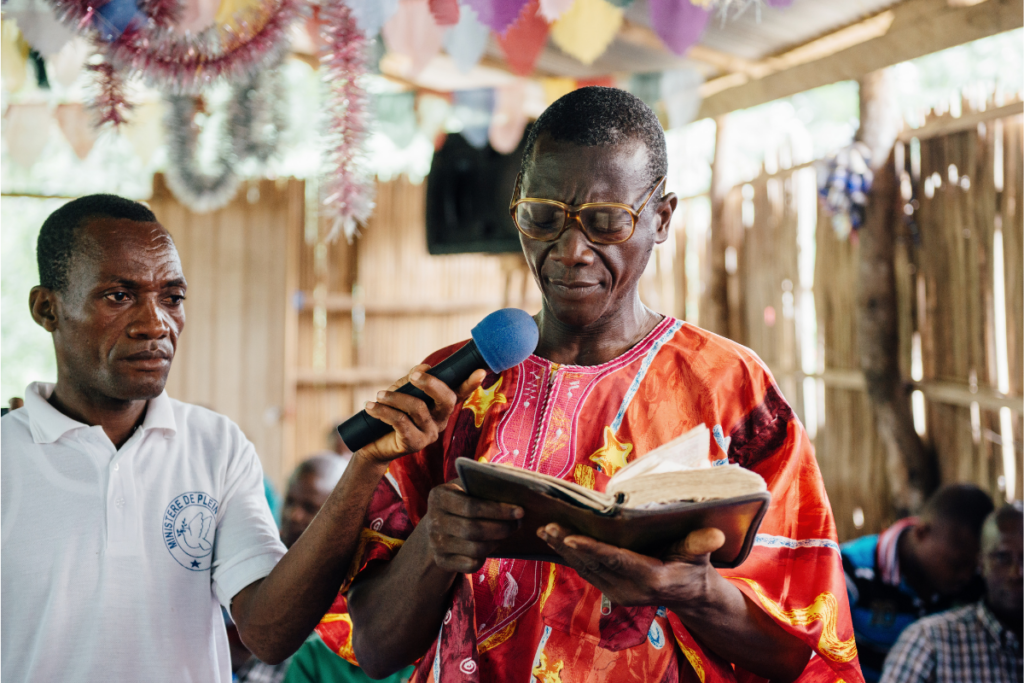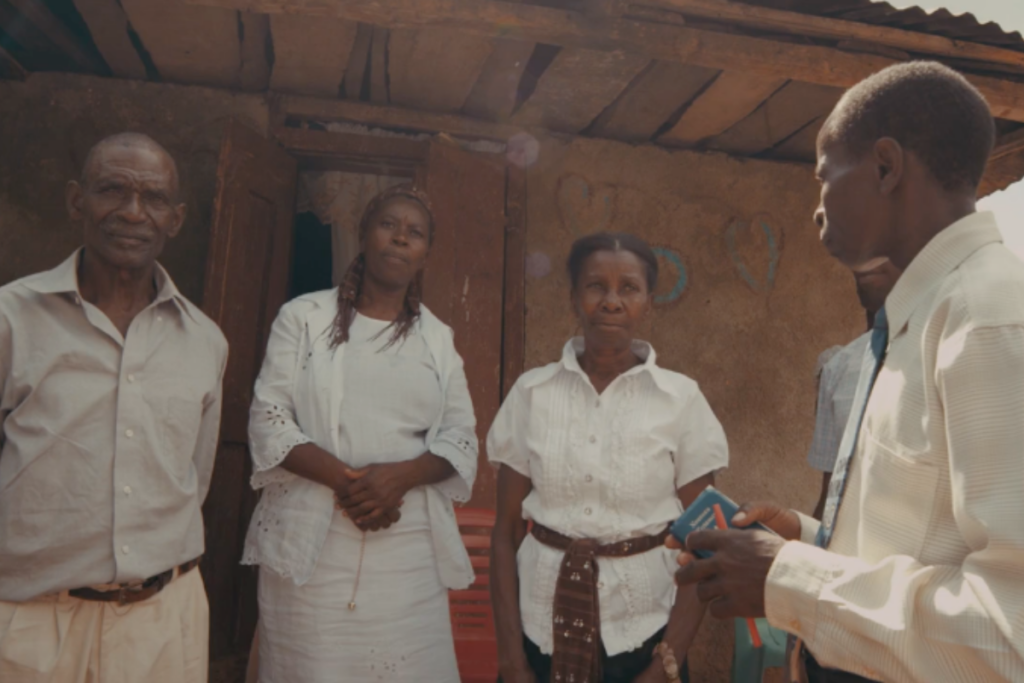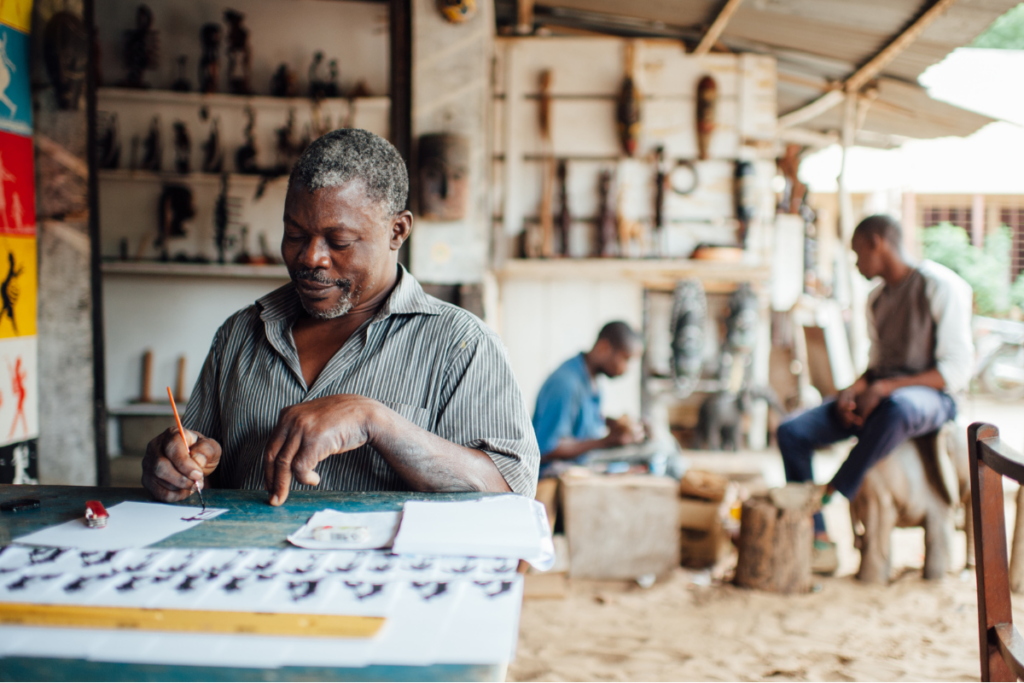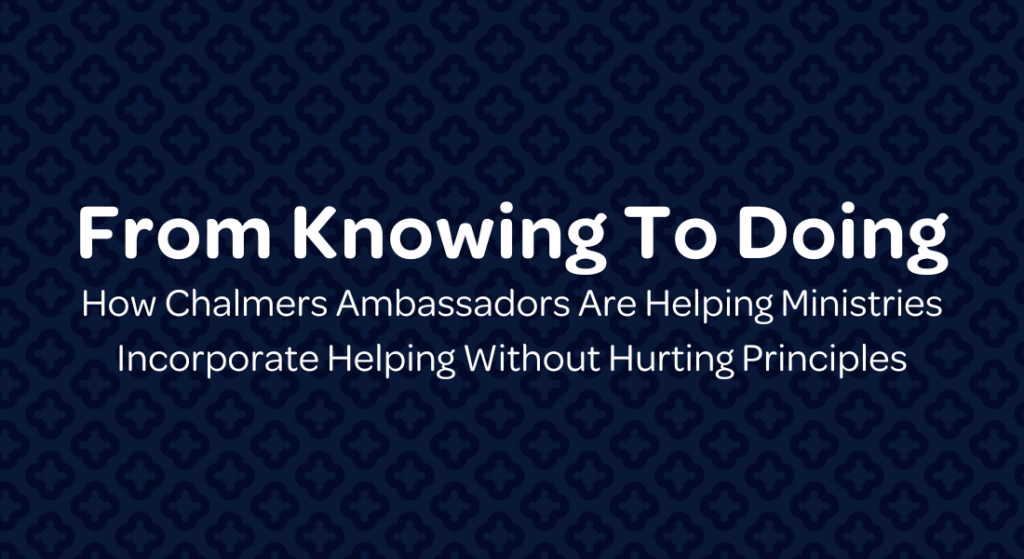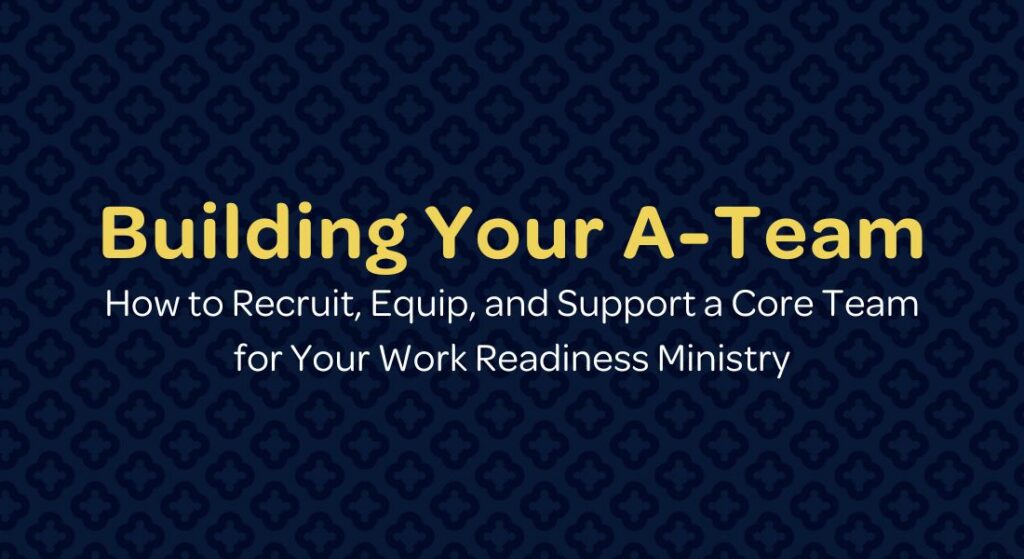Search
Categories
Tags
Posts by The Chalmers Center
Why Does Poverty Exist and Persist? Part 2—Broken Systems Contribute to Poverty, too.
Although we need God to transform the ways we see and interpret material poverty in the world around us , this transformation alone is often insufficient to alleviate poverty.
Why Does Poverty Exist and Persist? Part 1—How We See the World Matters
Are people trapped in material poverty due to their own personal failures or due to the effects of broken systems on their lives? This long-standing debate tends to divide people into camps (and approaches to addressing poverty) that take one or the other view, and more or less reject its opposite.
People and Processes Over Projects and Products
The goal of poverty alleviation is to see people restored to being who God created them to be. We want to see people understand that they are created in the image of God with the gifts, abilities, and capacity to make decisions and to effect change in the world around them. We want to see people steward their lives, communities, resources, and relationships in order to bring glory to God. In short, we want to see them become people who enjoy flourishing in their relationships with God, self, others, and creation. These changes tend to happen in highly relational, process-focused ministries more than in impersonal, product-focused ministries.
Praying for Transformation Together
Because all of us are suffering from brokenness in our foundational relationships with God, self, others, and creation, we all need “poverty alleviation,”—just in different ways. As men and women engaged in the work of poverty alleviation, our relationship to those in material poverty should be one in which we recognize that all of us are broken and that all of us need the blessing of reconciliation. Our perspective should be less about how we are going to “fix” those in material poverty and more about how we can walk together, asking God to bring healing to us all.
Five Ways To Empower Older Workers & Volunteers In The Modern Workplace
I became an “older” woman overnight. Let me explain: for fifteen years, I lived in a community with a median age of 65—Naples, Florida. I celebrated my 40th birthday just weeks after moving there.
Ukrainian Churches Utilize Innovation Tools To Love Their Communities
When two Chalmers staff members connected with two churches in Ukraine over Zoom, they began by telling us: “First you need to know that the war has been going on since 2014, not since 2022. (2022 was significant as it was when the war moved into Ukrainian territory).”
Innovate Custom Journey
Please fill out the form below to apply for a Custom Innovation Journey with the Chalmers Center. Contact Information Church or Organization Name(Required) Church or Organization Website URL (if applicable)(Required) Address(Required) Street Address Address Line 2 City State / Province / Region ZIP / Postal Code AfghanistanAlbaniaAlgeriaAmerican SamoaAndorraAngolaAnguillaAntarcticaAntigua and BarbudaArgentinaArmeniaArubaAustraliaAustriaAzerbaijanBahamasBahrainBangladeshBarbadosBelarusBelgiumBelizeBeninBermudaBhutanBoliviaBonaire, Sint Eustatius and SabaBosnia and…
Social Media Guidelines for Short-Term Missions
Many Western Christians’ first engagement with cross-cultural ministry is through a short-term mission trip. But short-term missions can do more harm than good. We have to carefully consider why we might go and how best to conduct a trip that honors and supports the work God is already doing among and through His people.
Chalmers Center Appoints Coy Buckley as President/CEO
The Chalmers Center, a leading Christian poverty alleviation organization known for its best-selling book, When Helping Hurts, proudly announces the appointment of Coy Buckley as its new President/CEO.
Feasting Together: The Potluck Party of God
Scripture calls us as the people of God to care for those who are struggling economically. But so often, the metaphor for our compassion becomes the soup kitchen—we line up on one side of the serving line and scoop hot resources into the bowls of hungry people standing on the other side—instead of a potluck—where everyone has a place and everyone brings a plate.
Poverty to Potluck
Discover how a potluck approach to poverty alleviation can lead to lasting change. Have you ever wondered… With so many Christians in the world trying to solve poverty, is what we’re doing actually helping people or just addressing a problem? It turns out that a soup kitchen approach to helping people can actually keep them…
Seeking the Welfare of Augusta
How do we reach the whole of our city? Jesus is redeeming all things, so how do we lean into that and build relationships in every sector?
You’re Not the Hero: Avoiding Paternalism in Short-Term Missions
Healthy, effective approaches to addressing material poverty start by recognizing and celebrating the gifts and resources God has already placed in a community. This can include natural resources, people, families, neighborhood associations, schools, businesses, governments, or individual skills.
Before You Go: Defining Success in Short-Term Missions
As the summer season approaches, many church groups in the U.S. are preparing for short-term mission trips, whether inside or outside the country. They may be thinking through the details of their plans, making travel arrangements and packing lists and prayer sheets, and raising funds.
Why Work Matters
God’s passion for work is a theme found throughout Scripture. One example found in the Old Testament is gleaning laws, which we explored in previous posts (HERE and HERE). In addition, Scripture also has a lot to say about why work matters, why justice for workers matters, and why we should care for those who are vulnerable.
From Knowing To Doing: How Chalmers Ambassadors Are Helping Ministries Incorporate Helping Without Hurting Principles
Earlier this week Justin Lonas, Director of Foundational Products at the Chalmers Center, hosted a webinar with two of our Ambassadors and two ministries they recently served. During the conversation, Justin shared that the basic premise of the Ambassador program is discipleship. Our purpose in training and sending out Ambassadors is to support churches and organizations as they walk alongside and empower people in their community who are facing the challenges of material poverty.
Building Your A-Team: How to Recruit, Equip, and Support a Core Team for Your Work Readiness Ministry
Last week, Shay Bassett, Director of the Work Life program at the Chalmers Center hosted a webinar on Building Your A-Team: How to Recruit, Equip, and Support a Core Team for Your Work Readiness Ministry. She shared about why work matters, the barriers people face to finding and keeping sustaining work, and why we need a new story about work.




